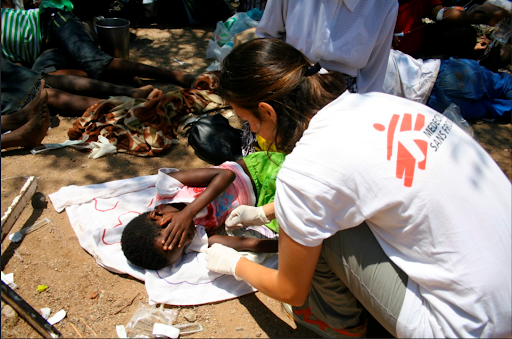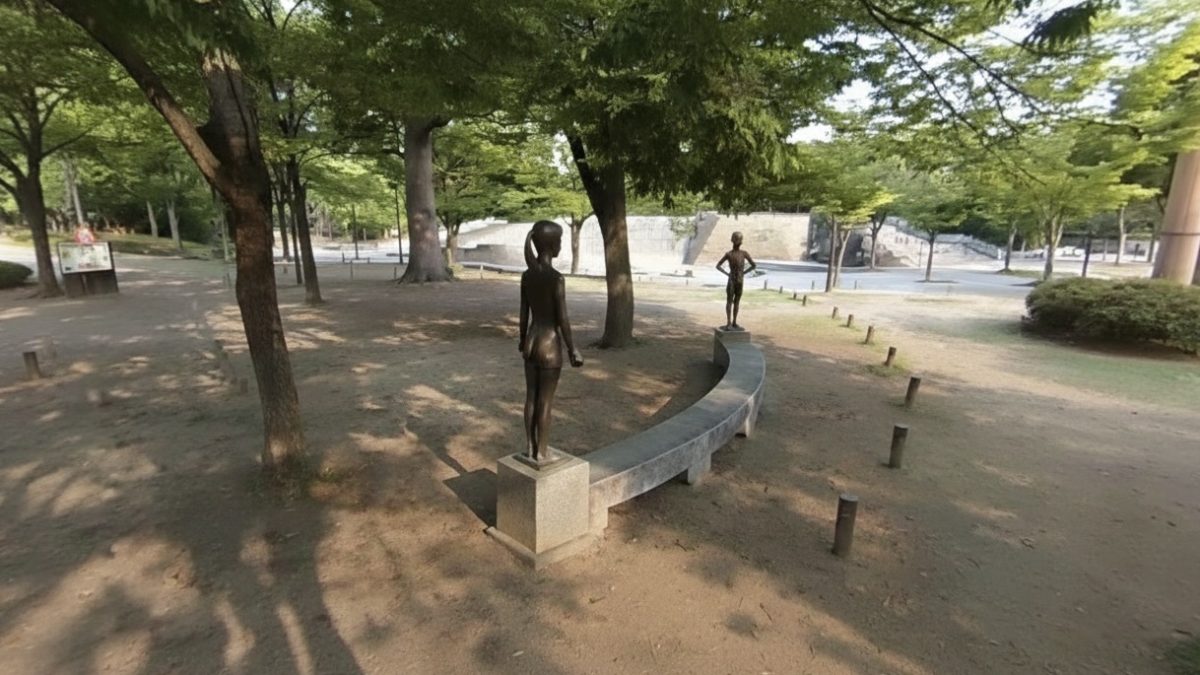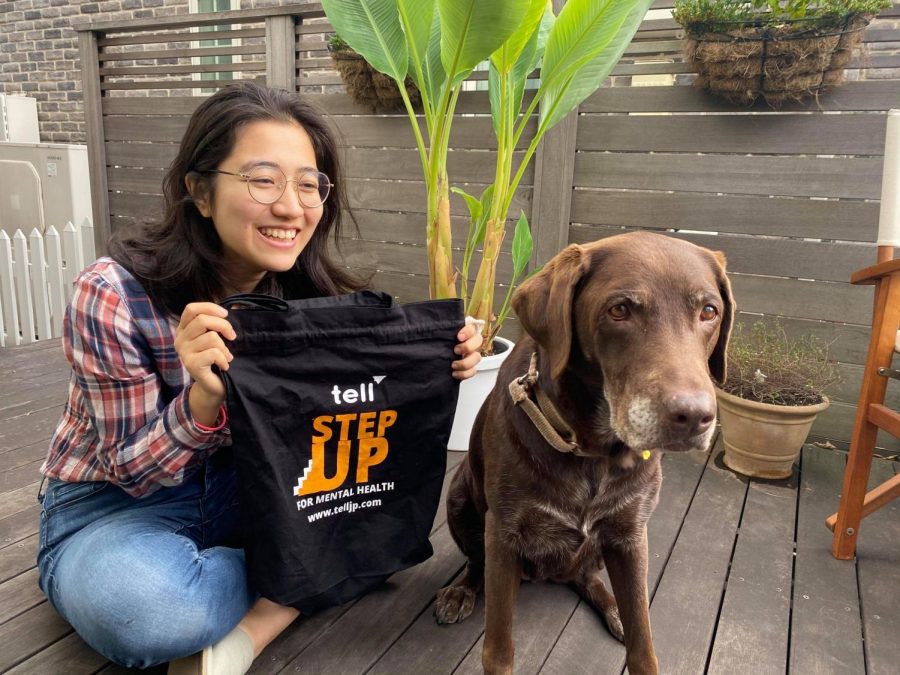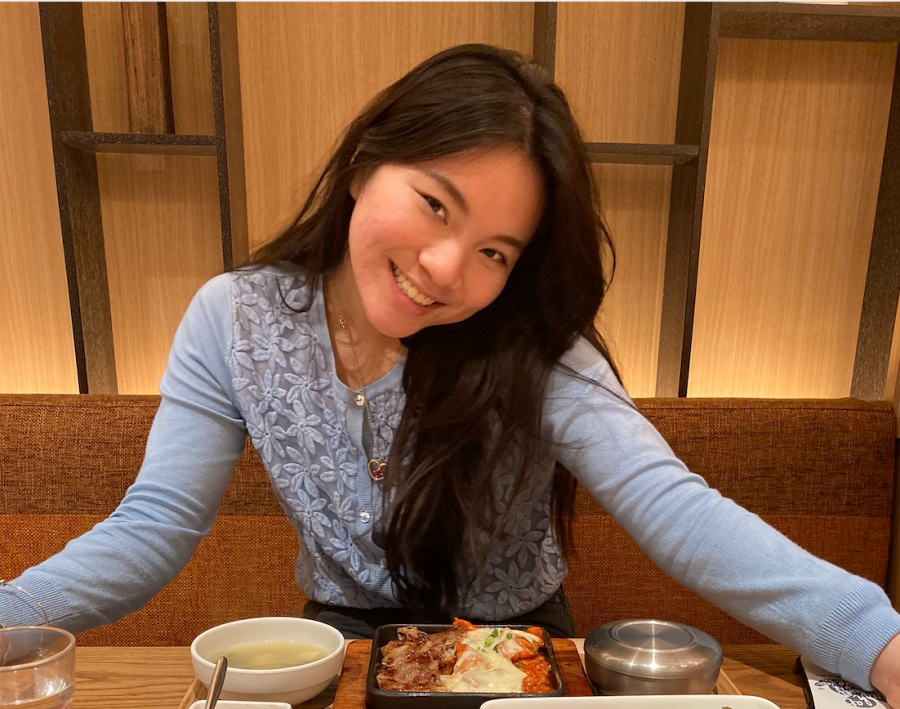According to a report from the World Bank and WHO, at least half of the world’s population cannot obtain essential health services which many do not have access to due to high medical expenses. In addition, the situation has been exacerbated by climate change disasters, epidemics, and conflicts, which have resulted in 4.5 billion people worldwide in dire need of medical aid.

Isona Kakuchi, a graduate of The International School of The Sacred Heart, pursued her career as a doctor while achieving her goals of working in the humanitarian sector. At ISSH, she enjoyed studying the sciences, which was a natural choice for her because it aligned with her interest in pursuing humanitarian work. On the side of science classes, she loved learning about global issues in International Relations and also taking part in Model United Nations. When she was a high school student, an ISSH graduate came to school and spoke about their work with the international medical humanitarian organization, Medecins Sans Frontieres (MSF). All of these factors had a great impact on her decision to pursue a career in medicine along with humanitarian work.
After graduating from ISSH, Kakuchi went on to study Natural Sciences at Cambridge University. In 2009 during her undergraduate studies she volunteered in Sri Lanka for an organization providing prosthetic limbs for amputees secondary to war injuries and chronic diseases. Afterwards, she attended medical school at Oxford University and specialized in pediatrics because it was both her favorite subject throughout her studies and a highly demanded specialty in the humanitarian field where she wanted to be. During her time training in various hospitals in the UK and Switzerland, she always had “itchy feet” to work as a pediatrician outside the hospitals and help those in great need of medical assistance. Thus, she took the opportunity to apply her training at the Thai Burmese border, where she treated Burmese migrant families, including pregnant women and children. They had no access to medical facilities due to the conflict in Burma, and the lack of money, language barriers, and fear in Thailand. Kakuchi also worked in Calais, France where she treated migrants mainly young men from Northern Africa and the Middle East. The migrants were receiving medical treatment through the humanitarian organization because of the fear of being sent back to their home countries if they accessed local medical facilities. After her training, Kakuchi decided to take the next big step forward to achieving her dreams by working as a pediatrician for Médecins Sans Frontières in Niger.

Médecins Sans Frontières, which translates to Doctors Without Borders, is an international and independent medical humanitarian organization. The non-profit organization has around 68,000 doctors and healthcare professionals in more than 75 countries worldwide, providing medical assistance to people affected by conflict, epidemics, and disasters, and those lacking medical care.
Kakuchi carefully considered which organization to work for. “I had just finished training in pediatrics and I wanted to make a good choice, something meaningful for myself, not for my curriculum vitae. Taking this time out and doing something I really wanted to do.” She emphasized wanting to be able to help as many people as possible, stating, “as an organization as a whole, I wanted something where I could work naturally.” This is one of the main factors in her decision to work with Médecins Sans Frontières, as unlike many other organizations, they are able to maintain independence and neutrality in their work by being a self-governing organization that receives funds from private individuals. In 2023, more than 7.3 million individual donors and private institutions provided 98% of their funding, approximately $2.56 billion USD. “ The fact that MSF is funded individually, and not a government-run organization, was very important to me. It meant it would give us doctors more freedom to work on things that needed to be done, independent of the global political climate.”
As a pediatrician, Dr. Kakuchi preferred to be “closer to the people and to be directly involved with them.” She knew Médecins Sans Frontières for its international reputation and strong connections with local communities. “We were able to access places that other organizations wouldn’t be able to access because they were trusted by the local community, which was very important to me because I wanted to work somewhere where they really needed help.
Humanitarian workers operate under very volatile conditions, putting their own lives at risk.
In Kakuchi’s case there was a high risk of possibly contracting malaria Niger, “but my motivation to do that work trumped all of my worries.”

During her time in Niger working with Médecins Sans Frontières, she worked from approximately 7:30 a.m. to 6:00 p.m., and each doctor would see around 30 to 50 patients a day. In addition, she would often work overtime and come in on weekends, depending on the season. Overall, the malaria cases in Niger are estimated at 8.1 million malaria cases in 2021, resulting in 24,997 deaths according to the WHO. During the rainy season around June and July, malaria cases in Niger significantly increase. Hundreds of patients would come to their hospital to get treated, and with an overwhelming number of sick patients, the hospital bed numbers would increase from 100 to 400 during this season. If the patient were a child one parent would have to stay with them, almost always the mother. Because Kakuchi was a female doctor, the mothers felt more comfortable. She said, “The mother felt more comfortable that I was a woman because our different skin colors and the difference in language created a barrier. So the fact that we were both female formed a very obvious connection that helped.”
Indeed, working with MSF in Niger helped her improve and adopt new medical practices, but there were many challenges she had to overcome. Living in a foreign country and working long hours come with the challenges of balancing work and personal life. “ One of my biggest challenges was finding the balance between working and resting and having time for myself. You’re in a place where that’s all we do, and we weren’t allowed to wander off anywhere. So I found myself really dedicating a lot of my time to work, which is great, but we also need time to rest in order to give.”
Kakuchi ended up working in Niger for seven months even though she initially planned to only stay for six months. She expressed how humanitarian work makes it hard to set a limit on how long to stay and work, as there will always be someone in need of help. “It was a challenge to stop working and go home because there is always going to be stuff that you need to do, and you’re never going to be able to solve everything, especially on your own. So I needed to accept the fact that I can’t solve everything.”
After working in Niger, Kakuchi returned to Switzerland to work at a pediatric hospital. She is also a new mother to her one-year-old boy, making it difficult to continue her passion for doing humanitarian work in other countries since, “I don’t want to leave my son to go away again for seven months.”
Humanitarian work abroad requires much dedication and commitment. However, Kakuchi expressed that being involved in other commitments doesn’t mean she or others have to end their career in humanitarian work. She expressed how “there may be other ways for me to stay in the field by connecting with the vulnerable population in Switzerland.” The country receives many migrant families, so Kakuchi hopes to work in migrant health. “Their needs can be different with language barriers and long gaps in healthcare provisions, so working in a team specialised in this field is something that interests me.”
The main learning point that Kakuchi wanted to leave was that, “if you want to do humanitarian work, don’t forget that feeling because there will be a time that you can do it.” She emphasizes that the main thing that helped her get to where she is now was to “not have forgotten that dream” and not allowing herself to be “discouraged by the hurdles.”























































